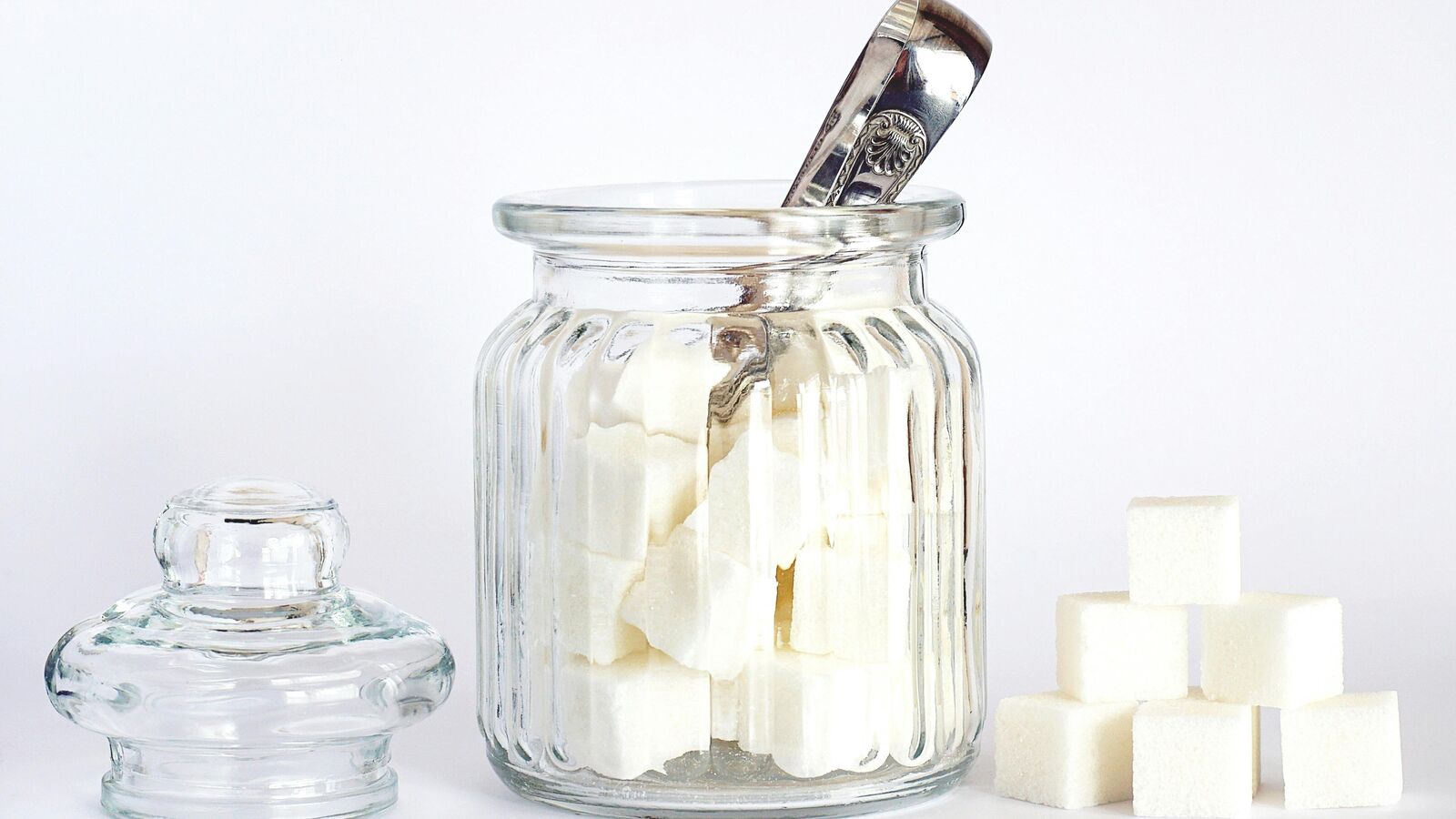A popular sugar substitute, sucralose, may interfere with certain cancer treatments, revealed a new research. Sucralose is used as an artificial sweetener by individuals who are trying to lose weight or manage their blood sugar levels.
The research by the University of Pittsburgh and UPMC Hillman Cancer Centre said that cancer patients who use sucralose, especially those with melanoma and non-small cell lung cancer, have worse survival rates than those whose diets have lower levels of the artificial sweetener.
According to the research, using sucralose may make it harder for the body to respond to cancer treatments.
The findings
The study, which used testing on mice, found the negative effects were potentially caused by disruption to gut bacteria by the artificial sweetener.
It found that sucralose caused a shift in the composition of the gut bacteria in mice, allowing for an increase in bacteria that degrade arginine. The increased arginine resulted in reduced levels of the amino acid in blood, tumour fluid, and stool.
“When arginine levels were depleted due to sucralose-driven shifts in the microbiome, T cells couldn’t function properly,” the expert said.
“As a result, immunotherapy wasn’t as effective in mice that were fed sucralose,” she added.
A possibility to counteract it
The study has also revealed a potential pathway for counteracting sucralose’s negative effects. It found that supplements that boost the levels of the amino acid arginine actually counteract the sweetener’s negative effects on immunotherapy treatments in mice.
The experts said that the approach could be pursued in further clinical trials to determine whether it can be used in humans.
Doctor Abby Overacre, assistant professor in the Department of Immunology at the University of Pittsburgh and UPMC Hillman, said that finding ways around forcing dietary changes is a worthwhile course of action, especially for cancer patients who are already dealing with the burden of the disease.
“It’s easy to say, ‘Stop drinking diet soda,’ but when patients are being treated for cancer, they are already dealing with enough, so asking them to drastically alter their diet may not be realistic,” she said.
“We need to meet patients where they are. That’s why it’s so exciting that arginine supplementation could be a simple approach to counteract the negative effects of sucralose on immunotherapy,” Abby added.

